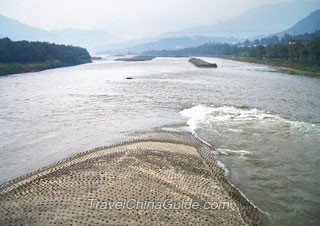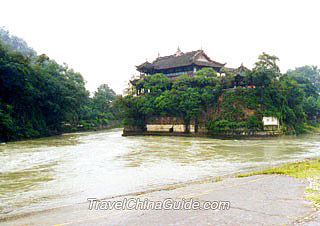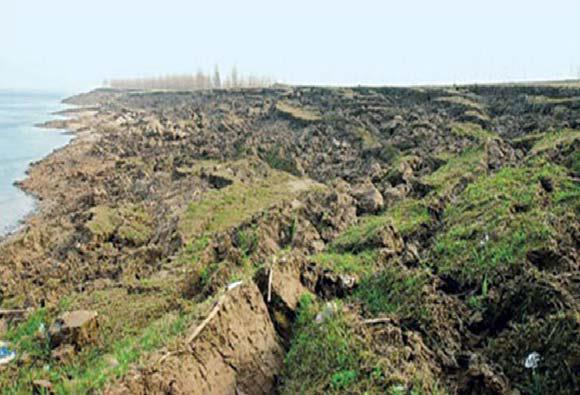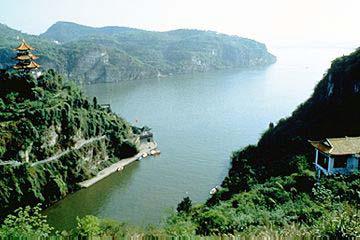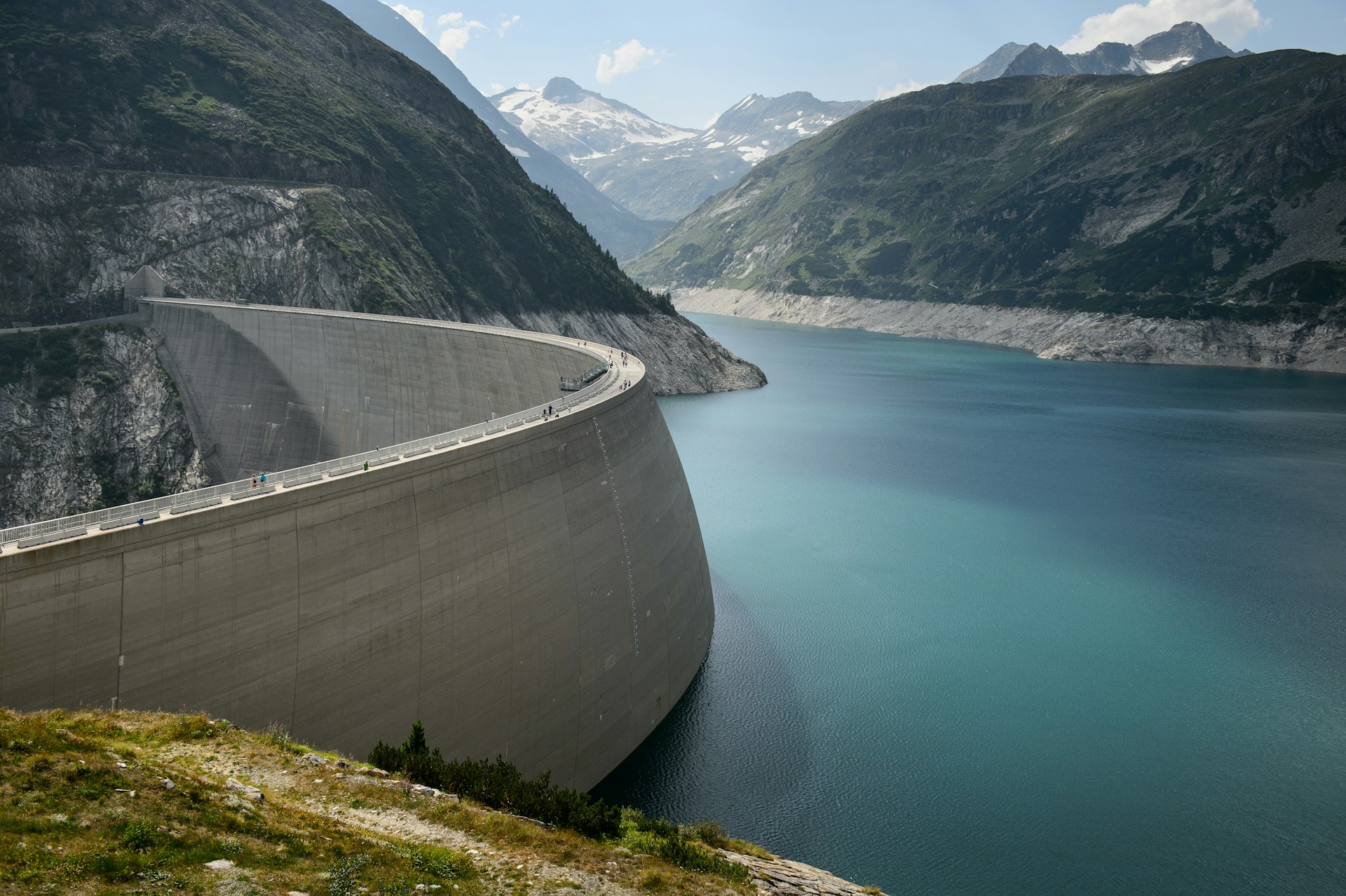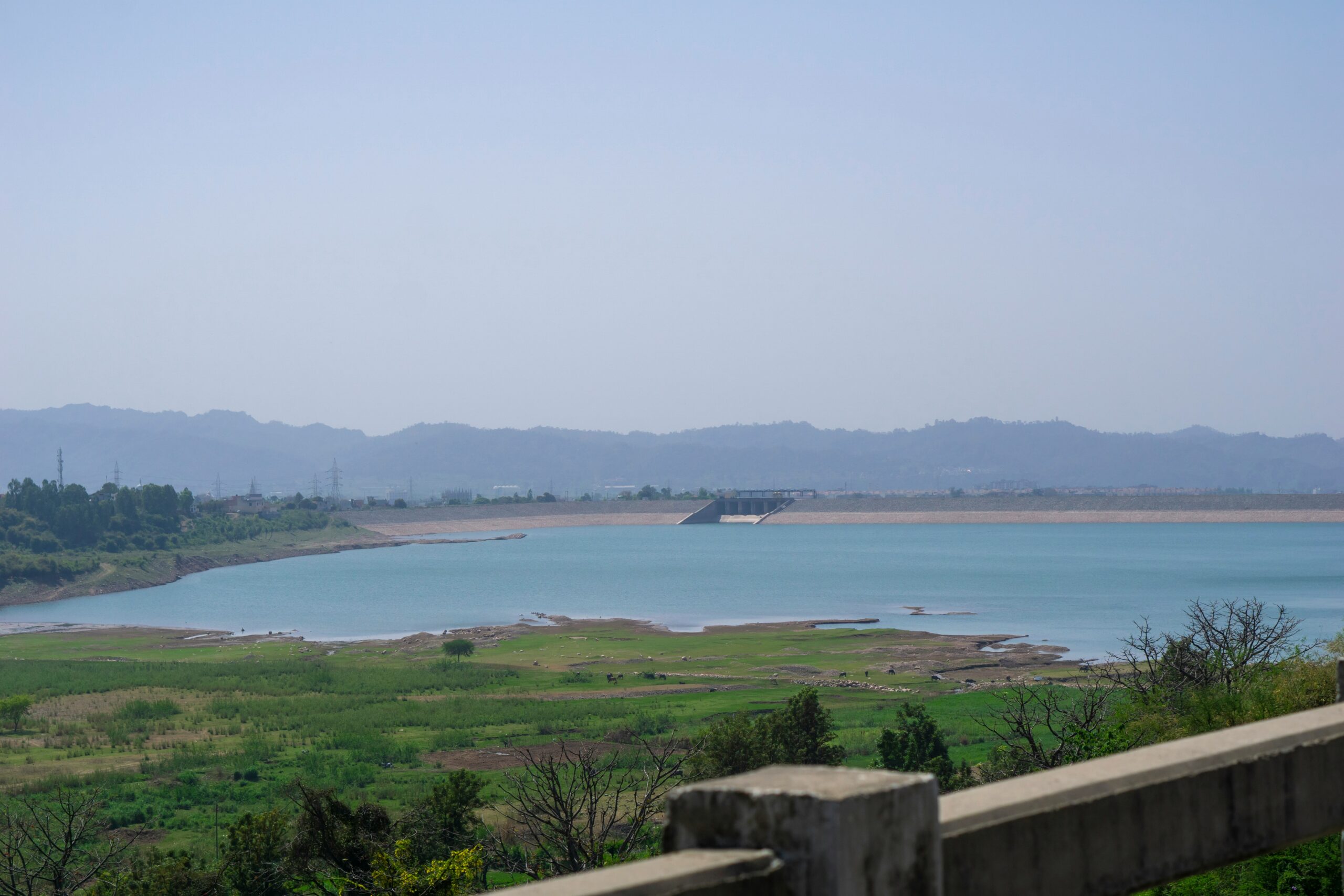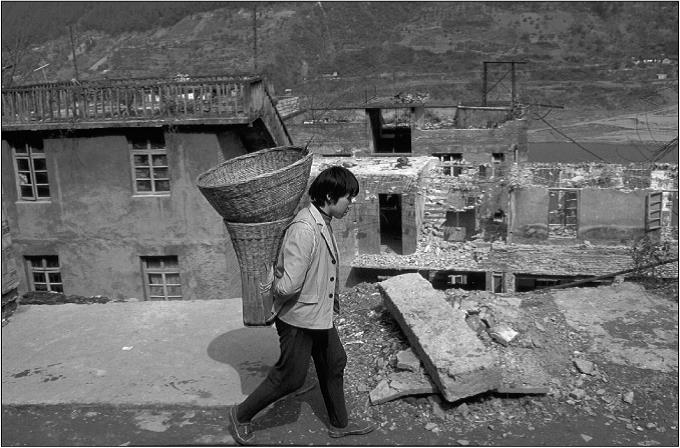Chapter 4-1 Epistemology of Power Politics: Introduction
4.1 Introduction “The total domination of nature inevitably entails a domination of people by the techniques of domination ― Andre Gorz”(quoted in Kothari, 1996, p.1476) In the previous chapters, we have observed that independently of the protracted debate on the construction of the TGDP, and despite the persuasive evidence adduced to show that its cost


